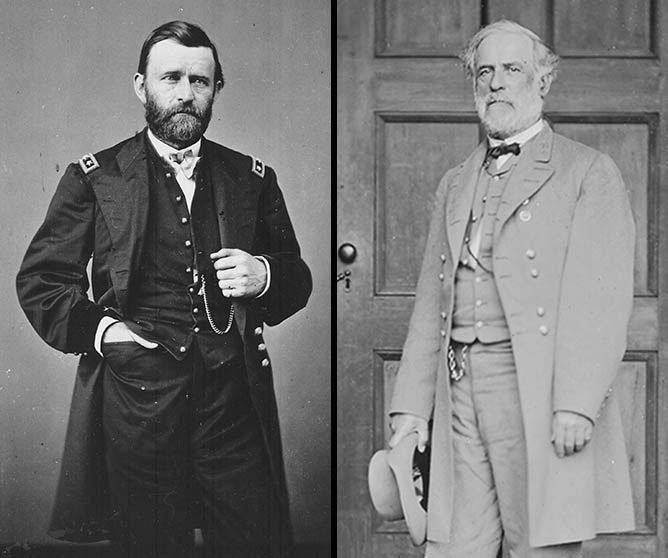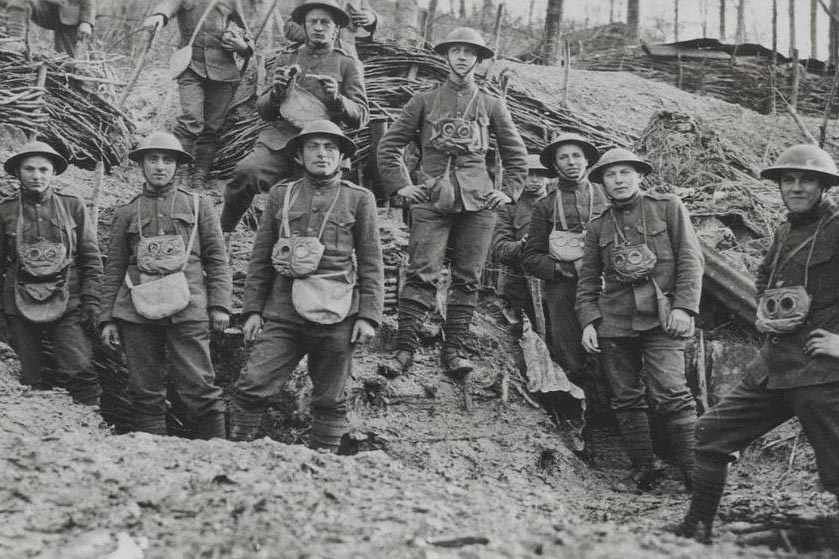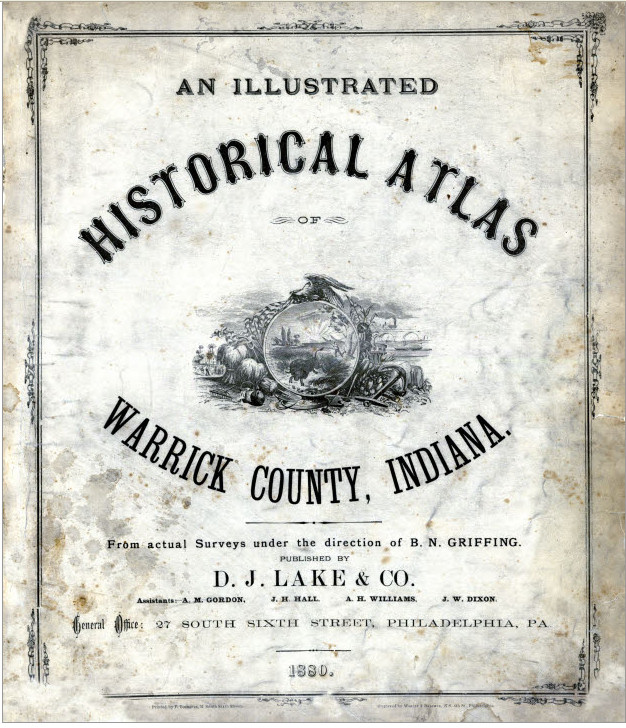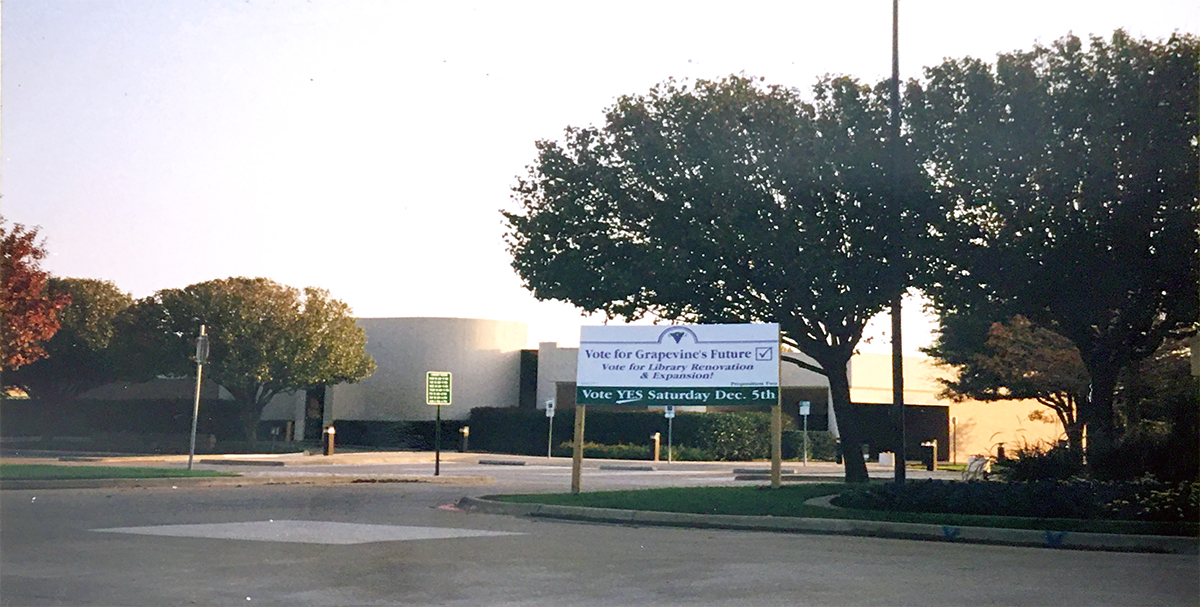The War of the Rebellion: a Compilation of the Official Records of the Union and Confederate Armies
OK, all you Civil War buffs and genealogists with Civil War ancestors; if you’re not familiar with the Official Records of Union and Confederate Armies in the War of the Rebellion, now is your opportunity to become acquainted with this important set of war documentation of events and persons involved in its military operations. The Official Records of the Union and Confederate Armies in the War of the Rebellion, commonly known as the Official Records of the Union and Confederate Armies or Official Records (OR), is the most extensive collection of American Civil War land warfare records available to the general public. It includes selected first-hand accounts, orders, reports, maps, diagrams, and correspondence drawn from official records of both Union and Confederate armies. A second publication, Supplement to the Official Records of Union and Confederate Armies, is also available, which includes specific documentation omitted from the OR as well as...












Recent Comments